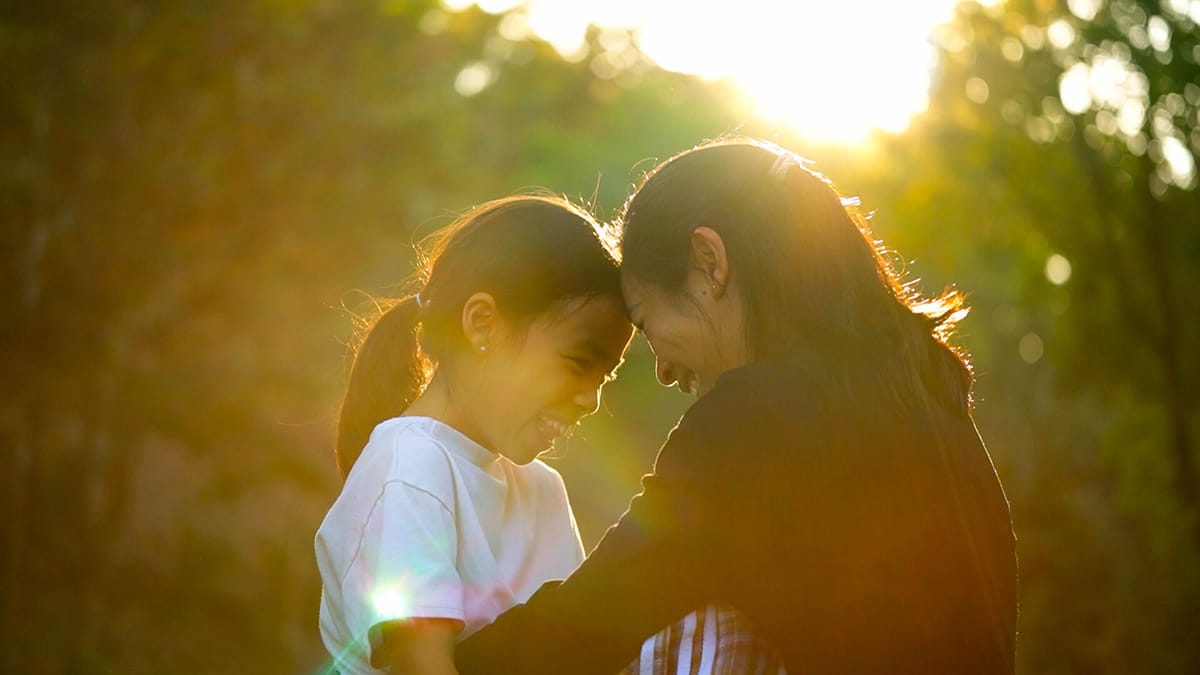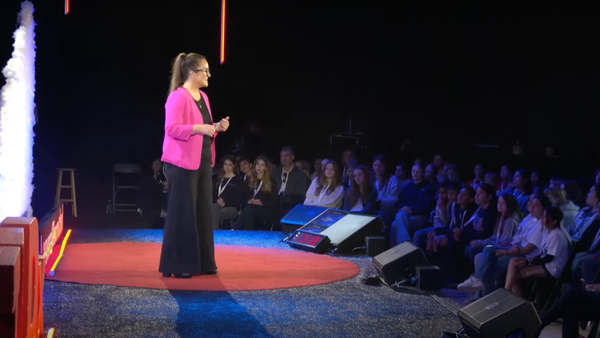When Words Don’t Come Easy: Supporting Autism and Communication

Communication is one of the most profound ways we connect with the world, but for many children with autism, finding their voice—whether verbal or nonverbal—can be a long and unpredictable journey. I know this because I lived it.
When my son was young, verbal communication was a struggle. He wasn’t hitting milestones the way other kids his age were. At first, I thought maybe he was just taking his time—every child develops differently, right? But as months passed, I started to see more signs that something wasn’t quite right. He didn’t respond to his name. He wasn’t pointing or using gestures to communicate. And when he did try to make sounds, they were limited, almost as if words were trapped inside of him.
The Missing Piece
What I didn’t know at the time was that my son had chronic ear infections—ones that had gone unnoticed because he rarely showed signs of pain. His pain threshold was incredibly high, something I later learned is common in autism. Without the usual signs like tugging at his ears or crying from discomfort, the infections continued, impacting his hearing and ultimately his ability to develop speech.
By the time we figured it out, his hearing was significantly affected, and he needed tubes placed in his ears. The difference was almost immediate. Slowly, he began responding more, engaging more, and eventually, starting speech therapy.
The 18-Month Breakthrough
For nearly a year and a half, speech therapy was our constant. We worked through frustration, small victories, and moments where I wondered if we were making progress at all. I kept logs of his speech, tracking new words as they emerged.
Then, one day, I realized something shocking. I had stopped keeping a word log. Not because I had given up—because I no longer needed one.
After 18 months of therapy, he had reached a milestone I hadn’t even noticed in real time: he was speaking, combining words, making connections, and expressing himself more than ever before. I had been so focused on logging each new word that I hadn’t stepped back to see just how far he had come. That realization was a turning point.
Tips for Parents Navigating Speech Delays and Communication Struggles
If you're in the thick of this journey, wondering when—or if—your child will find their voice, know that progress looks different for every child. Here are some key strategies I learned along the way:
- Rule Out Medical Barriers – Hearing challenges can play a huge role in speech delays. If your child isn’t responding to sounds, consider having their hearing evaluated, even if they don’t show obvious signs of discomfort.
- Embrace All Forms of Communication – Speech isn’t the only way to communicate. Gestures, sign language, picture boards, and AAC (augmentative and alternative communication) devices can all help bridge the gap and reduce frustration.
- Follow Their Interests – Language is most powerful when it’s meaningful. If your child loves dinosaurs, focus on dino-related words. If they enjoy snack time, use that moment to introduce simple phrases like "more" or "all done."
- Celebrate Progress, Not Just Perfection – A single new word is a victory. A small attempt at imitation is a step forward. Progress doesn’t have to be perfect to be meaningful.
- Build Communication Into Everyday Moments – Narrate daily activities, sing songs, and label objects around the house. Every interaction is a chance to build language, even if it doesn’t feel like formal "therapy."
- Seek Speech Therapy Early, But Stay Flexible – Early intervention can be incredibly beneficial, but progress isn’t linear. Some children make rapid strides, while others progress more slowly. Trust the process.
- Believe in Your Child’s Potential – The road to communication may be long, but it’s not a dead end. Whether through speech, sign, or other means, your child has a voice—they just need time to find it.
The Journey Continues
To every parent navigating speech delays and communication struggles:
Your child’s voice matters. Whether spoken, signed, or written, their words—however they come—are powerful. Keep advocating, keep believing, and never underestimate what they are capable of.
Today, my son is in junior high, navigating a world where communication isn’t just about speaking—it’s about being understood and valued. His progress has been incredible, but the challenges have evolved. Now, he faces the reality of how the world perceives his communication.
At times, his setbacks include bullying because of his stutter or because his mind works so fast that the words don’t always come out the way he wants. When this happens, frustration can take over, and he sometimes gives up, retreating instead of pushing forward. These moments are heartbreaking to witness, but they remind us of an important truth: progress isn’t just about learning to speak—it’s about learning to be heard.
He is full of potential, and we have come to understand that our role as his advocates, supporters, and biggest cheerleaders has no expiration date. There is no finish line in this journey—only continued growth, learning, and adapting. Every day, we work to ensure that his voice, however it comes out, is not only heard but valued.
Communication is not just about speaking; it’s about connection. And connection, in all its forms, is what truly matters.
Author JJ McLeod is founder of Autism Embrace.




